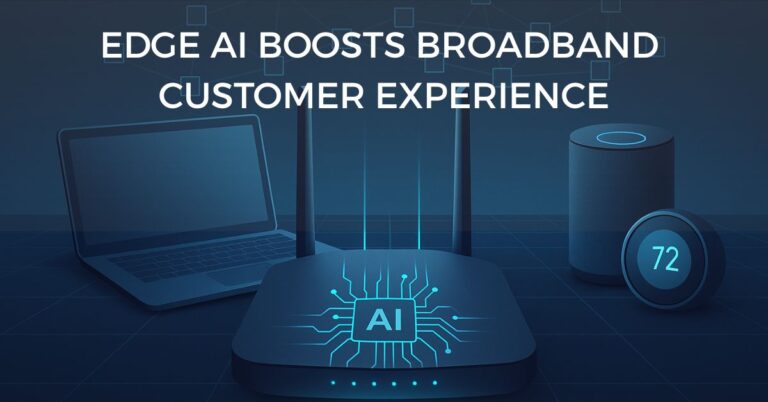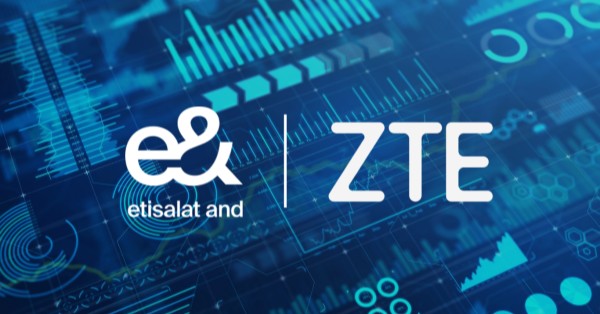In a landmark development for industrial digitalization, Vodafone Germany partners with global chemical leader BASF to create a tailored 5G Private Network at BASF’s Lausitz production site in Schwarzheide. This venture marks a significant step in exploiting the full capabilities of 5G technology in industrial environments.
Challenges or Objectives: BASF Schwarzheide’s reliance on traditional network infrastructure necessitated an upgrade to boost operational efficiency and foster innovation. The project aimed to establish an independent, secure mobile communications infrastructure integrated with cutting-edge 5G technology.
Solution Implemented: Vodafone Germany proposed constructing six cell phone masts, equipped with modern antennas to blanket the entire factory with 5G coverage. This network, specifically designed to meet BASF’s requirements, promises high-speed, secure connectivity essential for industrial applications.
Supporting Evidence: Preliminary tests at the site have already demonstrated the network’s potential to improve and securing production processes. The use of wireless sensors, 5G cameras, and interconnected IT systems showed promising results in enhancing operational efficiency and security.
Technology Choice: The decision to utilize 5G is central to this use case, offering unparalleled benefits like low latency, high bandwidth, and robust connectivity, crucial for modern industrial applications. Vodafone’s expertise in 5G deployments, combined with their extensive experience in mobile communications, positions them as the ideal collaborator for this project.
Use Case Benefits: The deployment of this 5G network is set to revolutionize BASF’s production processes, enabling faster, more efficient, and secure data communication. It opens doors to innovative applications, potentially leading to significant cost savings and operational improvements.
Industry Impact: This project places BASF’s Lusatian plant at the forefront of Europe’s process industry, showcasing the critical role of 5G in transforming industrial operations. It also highlights the increasing importance of 5G technology in industrial digitalization.
Company’s Role: Vodafone Germany emerges as a key digitalization partner, providing the infrastructure and technological expertise to realize this ambitious project.
Partners and their Role: Strategic partnerships with technology leaders like Ericsson, Nokia, Qualcomm, and Oppo have been vital in Vodafone’s successful 5G deployment, contributing to the network’s innovative and robust nature.
Use Case Status: The project is progressing towards completion by the end of 2024, with the network currently undergoing extensive testing and optimization phases.
Timeline: Construction commenced in 2023, targeting the network’s full operational status by the end of 2024. Meanwhile, Vodafone’s broader 5G network aims to achieve nationwide coverage by 2025.
Customer Endorsements:
Jürgen Fuchs, CEO of BASF Schwarzheide, lauded the network’s potential in unlocking new digitalization opportunities, enhancing existing applications, and enabling previously unattainable technologies.



























